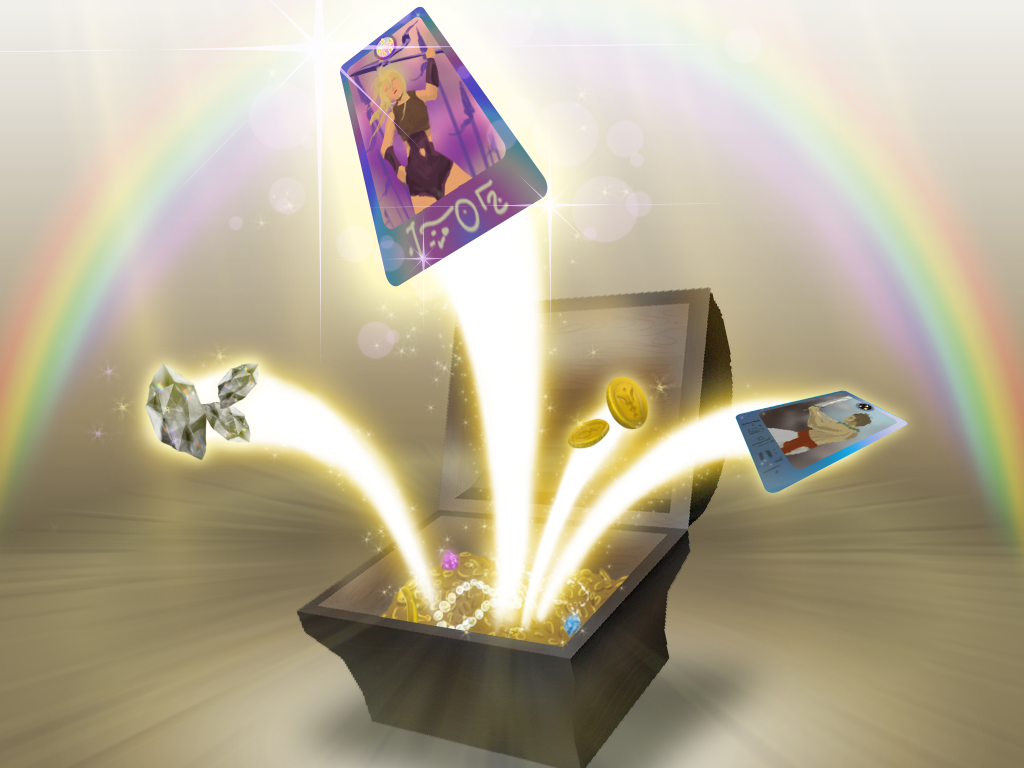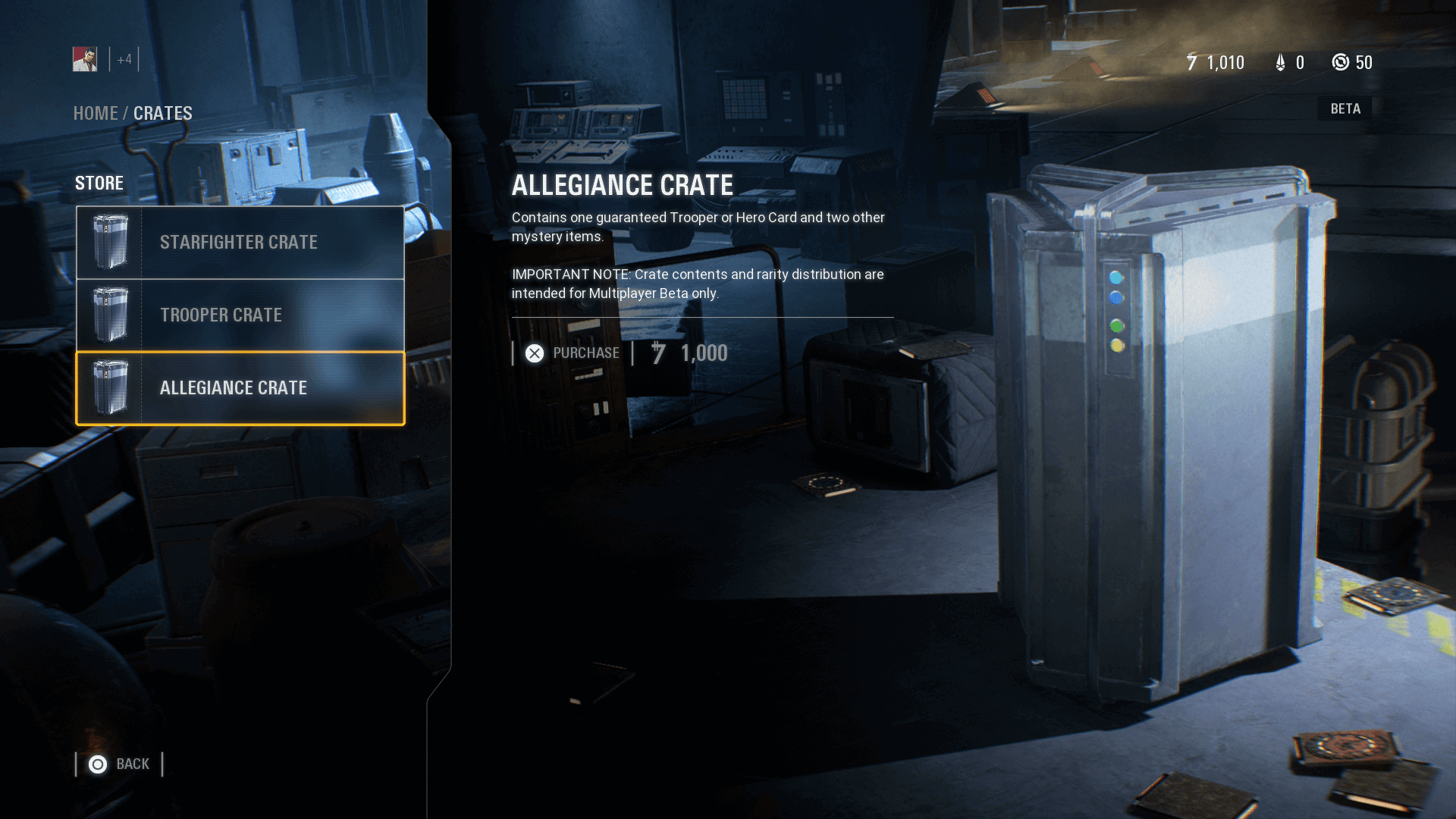If you own a smart-device, chances are that you downloaded a free to play (F2P) game at least once. However, you might have quickly realized that this game locks your progression after a few hours playing it. Or that ads interrupt the flow of gameplay too often for your liking. Thankfully, the game is telling you, possibly in a bright and shiny fashion, that you could get rid of these limitations by paying with real world currency. Imagine that Fortnite skin you saw, you could have the same!

In-game transactions have become a familiar sight in today’s F2P games. And in a way, it makes sense, does it not? The game is free to download, it is only fair that the developer tries to make a living off their hard work.
I will not be explaining the “tricks” used by companies to get you to invest real money in their game, or how they design their in-game market. But I can not recommend enough this highly educative, and terrifying, conference by Tribeflame CEO Torulf Jernström, where he describes thoroughly how to design an addictive and lucrative F2P games. Honestly, this video is a gold mine of teaching as well as a nightmare.
Back to EA’s case and why it is linked to in-game monetization:

In November 2017, Electronic Arts, one of the biggest and wealthiest game company there is, released Star Wars Battlefront 2 (SW:B2). You might not have played this game, but I am sure you know about Star Wars, one of the most popular franchise there is today. To contextualize a bit more: this game is a multiplayer first-person shooter set in the Star Wars universe, where you partake in 32vs32 players fights, using the legendary weapons and characters of the franchise.
It is a game of the AAA (triple A) category, meaning it has a high production value, and a ‘premium’ selling price starting at $60.
With such a price, players expect a game with a lot of content, good gameplay and a fun progression.
However, there was a catch: a lot of content, playable characters (e.g., Darth Vader!) and special powers were locked behind a heavy and tedious grind. This means that in order to unlock all the content, players had to play many hours in order to acquire enough in-game currency to unlock everything. This grind was not here by mistake. In fact, it was designed to frustrate people enough, that they would consider using the in-game shop. There, they would be able to buy lootboxes and, maybe, obtain the character or skill they wanted to play with.

And here came the outrage: for many players, the fact that a full-price game was forcing you to pay extra in order to get access to the full experience was too much. Especially when the aforementioned lootboxes were a glamorized gambling game: you did not know what you were buying, nor what the odds of obtaining your dream character were. This greediness by EA was not new, but pushed things so far that it made the headlines of many media outlets at the time.
- Star Wars Battlefront 2’s Loot Boxes Seem Like They’re Going To Be A Serious Problem – Paul Tassi, Oct 8, 2017.
- Star Wars Battlefront 2’s Loot Box Controversy Explained – Gamespot, November 22, 2017
- ‘Star Wars Battlefront II’ pulls micropayments on release day – Yahoo!News, November 17, 2017
In the Netherlands, the Dutch gaming authority (Kannsspelautoriteit) was not happy with the situation. Adding fuel to the fire, these lootboxes were described as a form of hidden gambling by players and consumer rights advocates. And sadly for EA, gambling is something that is heavily regulated. Having their entertainment product falling under gambling laws was definitely not what they were aiming for.
In 2019, a report by James Close & Joanne Lloyd, titled “Lifting the Lid on Loot-Boxes: Chance-Based Purchases in Video Games and the Convergence of Gaming and Gambling“ drew a very critical look on this practice and the ways it affects players, especially younger ones.
This PR and ethical/legal drama, finally fell into the hands of a Dutch court in Den Haag. SW:B2 as well as FIFA 19, the popular and annual football game published by EA, would fall under their microscope. And the decision of the court would not go in EA’s favor. You can find it in full, here.
Thomas Sanders explains in his blog entry “Understanding the Dutch ‘lootbox’ judgment: Are all lootboxes now illegal in the Netherlands?”, that the court found that EA’s practices could be considered ‘gaming’ as in: providing games of chance (usually called ‘gambling’ by the public).
The aftermath of that decision was catastrophic for EA, but also for other companies operating with similar business models. Some of them even decided to no publish their games on the Dutch market, because they did not wish to remove their lootboxes mechanics.
Today, the court decision has been overturned and EA did not have to pay any fine. However, this whole debacle would force them to remove the ‘surprise’ mechanic of SW:B2 (this is how they were describing their greedy system) and limit the features of their games releasing in the Dutch and Belgian market.
The pressure is on.
On a final note, this entire case did not end with the successful appeal by EA. Yes, they are still able to implement rather shady monetizing methods, but the Dutch government will soon be examining a law that could make in-game lootboxes be considered gambling once and for all.
This is how EA’s greed, despite everything they wished for, gave a big boost to consumer right’s advocates and might be the end for chance-based lootboxes!


Recent Comments